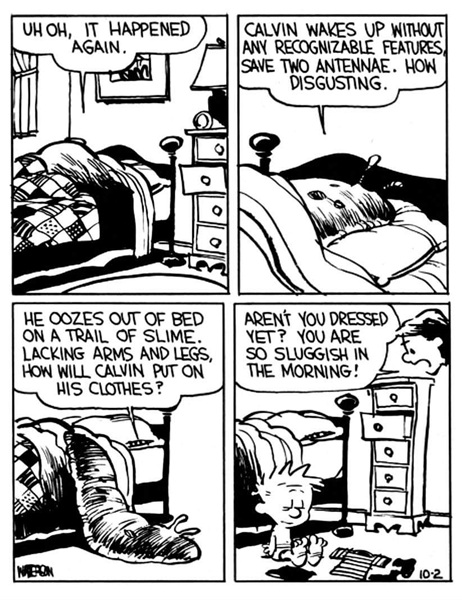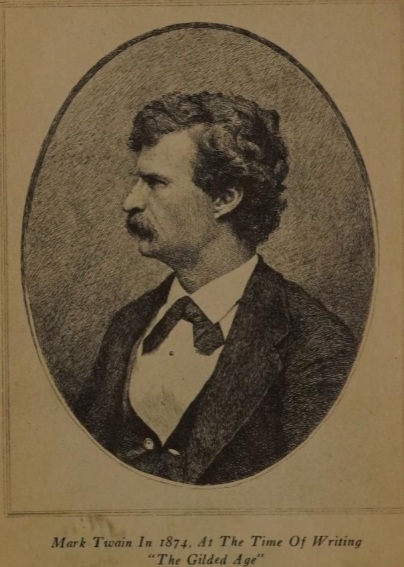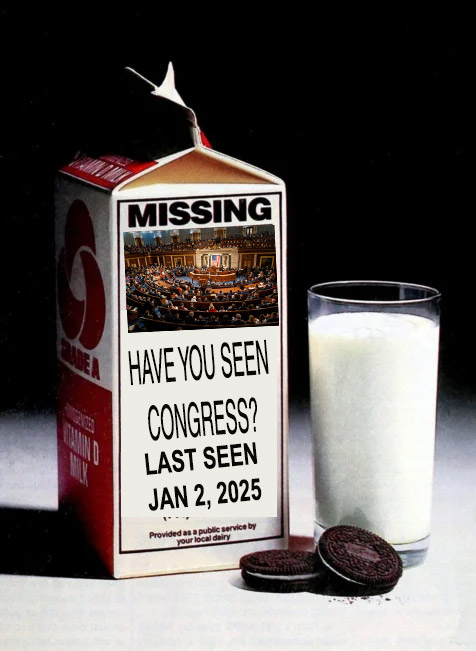caffeine does its best
the first hit in the morning
when you’re at your worst
In the health column, We Ask the Experts …, in the New York Times, writer Simar Bajaj took on the question, “Can Coffee Really Boost Your Mood?”
Mr. Bajaj writes:
“Caffeine does its best mood boosting when you’re in some sort of deficit,” said Laura Juliano, the chair of psychology at American University, whether that’s being sleep deprived, pushing through a tough work project or running behind your usual cup of coffee. “The first hit in the morning is probably the most reinforcing because that’s when you’re at your worst,” she added.
But experts say that the brain adapts to regular caffeine consumption, making you less responsive to its effects over time. So, among regular coffee drinkers, the mood lift might just be relief from withdrawal symptoms, like fatigue and headaches, Dr. Juliano said. Your daily coffee might just bring you back to normal, but moving out of a slump still feels satisfying, she added.
However, getting a bona fide mood boost is probably limited to occasional coffee drinkers, Dr. Juliano said, since they likely haven’t built up the same tolerance to caffeine.
I dislike getting up in the morning and readers of this blog know that.
I like my coffee in the morning.
I get it ready the night before.
Fill the coffee maker with water.
Spoon on the coffee.
I have to be careful as I will do this just before I go to bed and the smell of the ground coffee can be a pick-me-up just when I want a calm-me-down.
I set the alarm and the next morning wake up before the alarm goes off.
I stare at the red numbers of the clock and here the clug clug clug of the coffee maker kicking in.
It’s new day and all that means and I am at my worst.
I don’t want to get up.
I want the oblivion of sleep.
To sleep perchance to dream.
But the clock doesn’t stop moving into the day and on the days I need to drive onto the Island to work, I got to get going or be stuck in traffic on a bridge the United States Corps of Engineers refuses to certify as ‘safe to use’ (and I am not making that up).
Showered up and first cup of coffee in hand, I take that first sip.
Experts say that the brain adapts to regular caffeine consumption, making you less responsive to its effects over time. So, among regular coffee drinkers, the mood lift might just be relief from withdrawal symptoms, like fatigue and headaches.
I might not be an expert on nothing but I am a regular coffee drinker and if all I get is the mood lift that might just be relief from withdrawal symptoms, like fatigue and headaches, well SIGN ME UP.
A mood lift from the relief from fatigue and headache is no small thing.
I can heartily endorse that my daily coffee might just might bring me back to normal, and that moving out of a slump still feels satisfying.
And let me say, there are those days where the path back to normal is long and treacherous.
If I can get there through a cup of coffee, well slip me a slug from that wonderful jug
Waiter, waiter percolator, that bridge is waiting for me.






